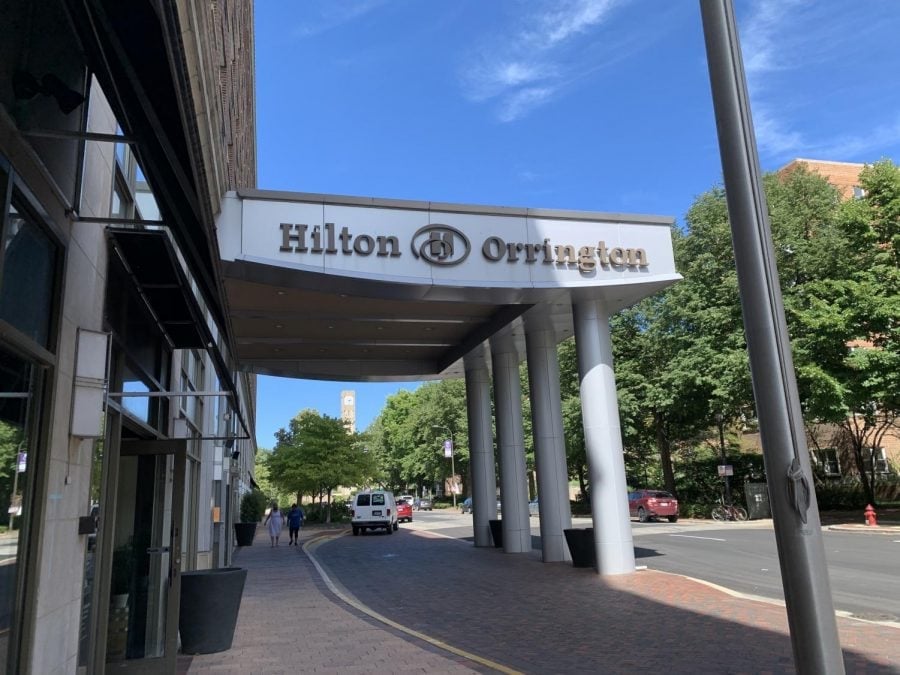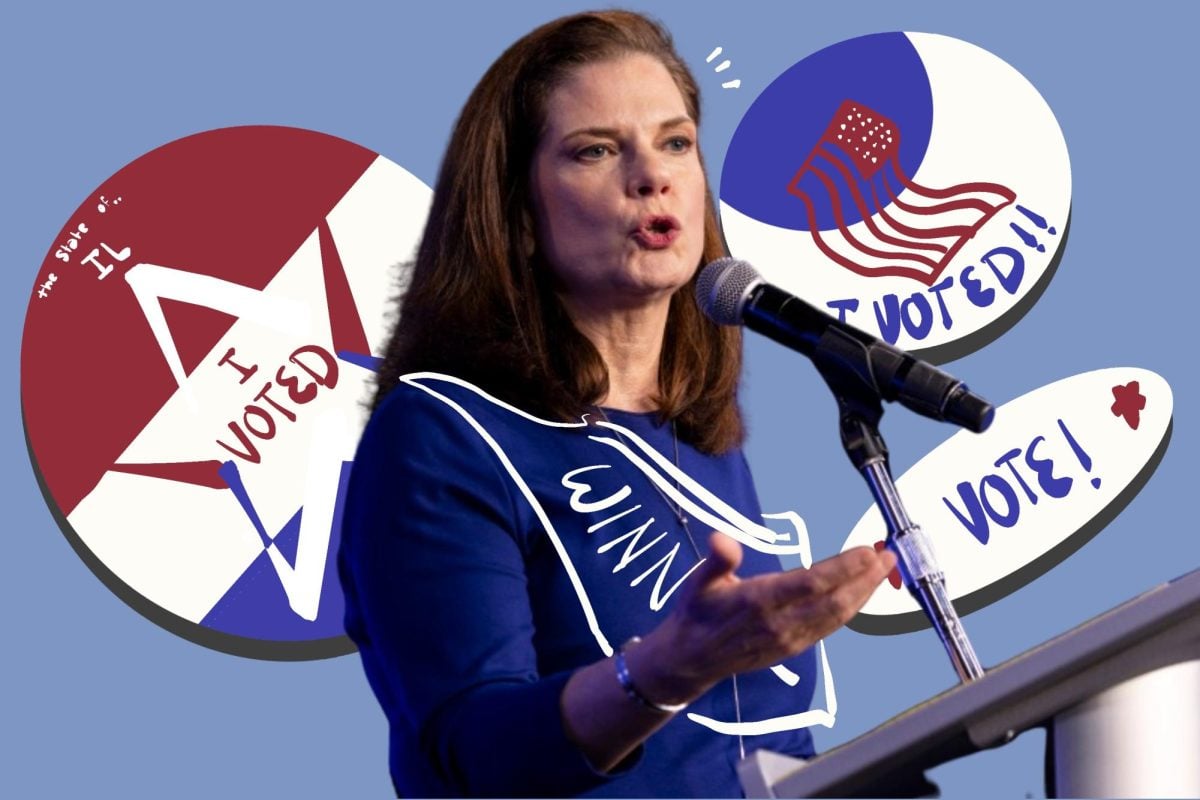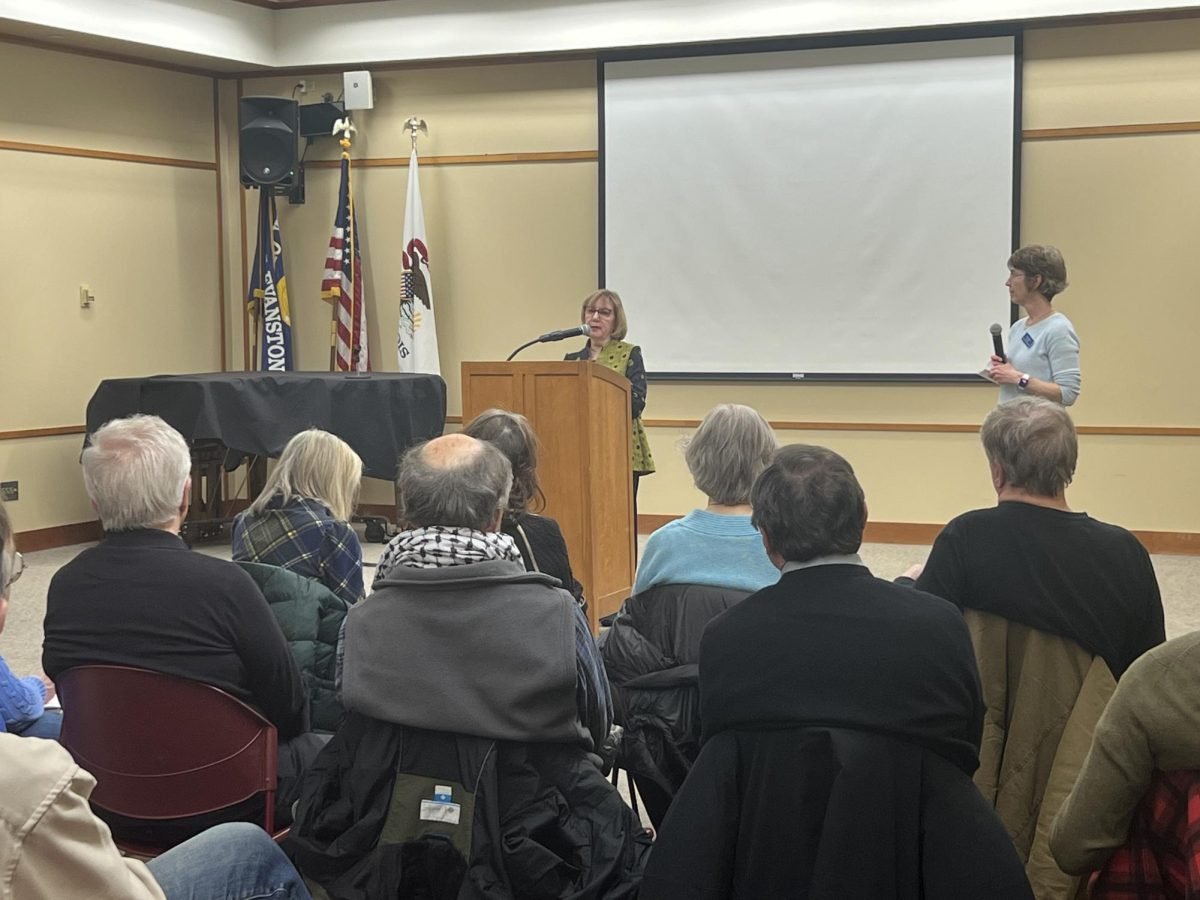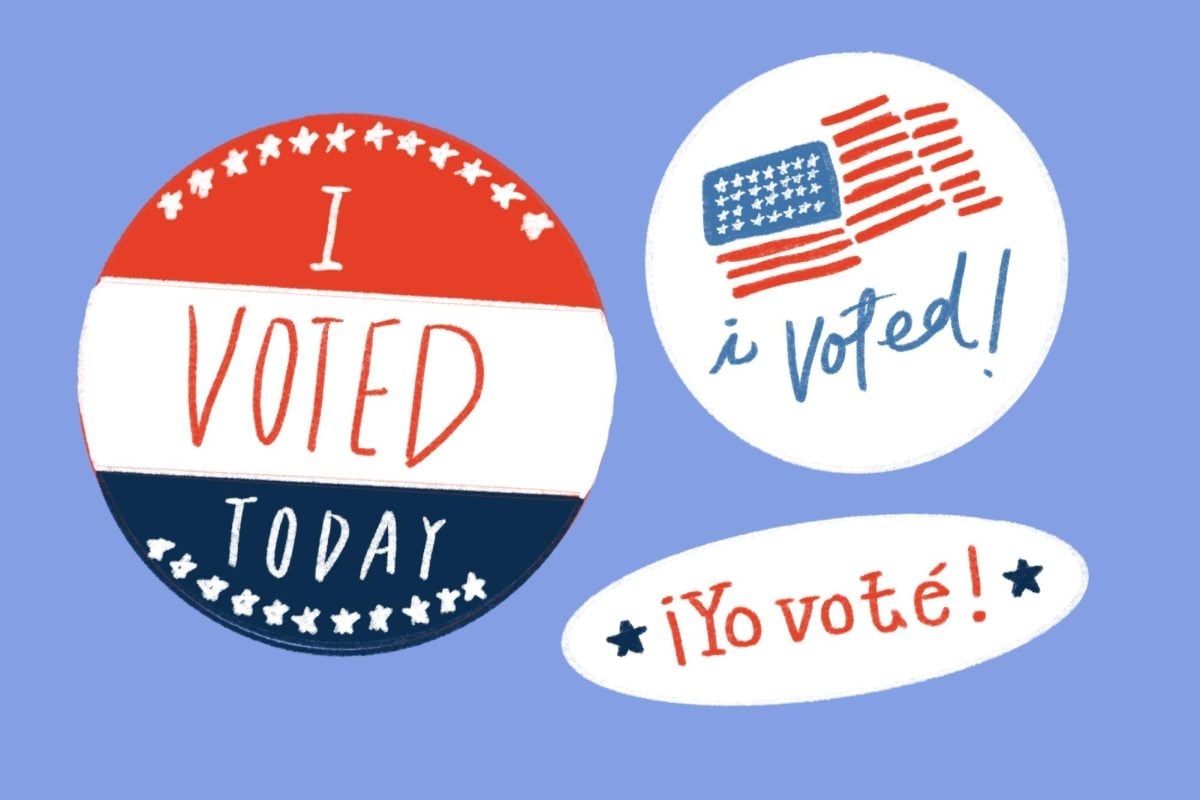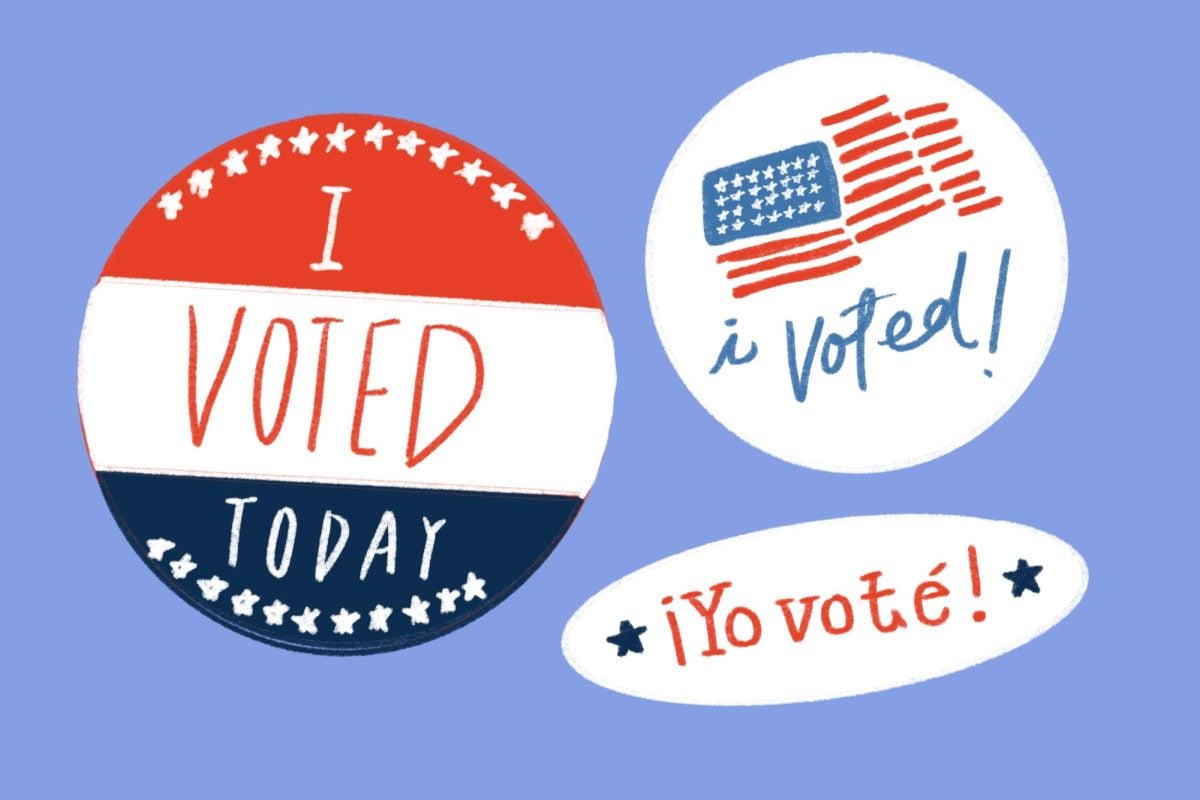A bill that would provide more working opportunities for disabled people sailed through the Illinois General Assembly last week with the leadership of Sen. Daniel Biss (D-Evanston).
The Senate unanimously voted May 14 to send The Employment First Act to the desk of Gov. Pat Quinn. The legislation would reform a statewide working environment for disabled people that has been defined by sub-minimum wages and segregation, supporters of the bill say.
“People with disabilities deserve the opportunity to work,” said Rep. Robyn Gabyl (D-Evanston), who signed on to the bill as a co-sponsor.
Disability rights groups have lobbied to make Illinois an “Employment First” state as part of a national movement to direct more state and federal dollars to integrated work settings instead of sheltered workshops, also known as facility-based work settings, which mainly employ disabled people.
Equip For Equality, a Chicago-based disability rights group, has worked with the government to shape the legislation, said Barry Taylor, vice president for civil rights and systemic litigation. Many state-run institutions such as the Kiley Developmental Center in Waukegan, Ill., are in need of changes to provide more opportunities to disabled people, Taylor said.
Taylor is a member of the Employment and Economic Opportunity for Persons with Disabilities task force, which recommended the reforms to the Illinois General Assembly for a vote.
Quinn has signaled his support for the bill while reviewing the legislation with disability rights groups, said Tony Paulauski, executive director of The Arc of Illinois. The legislation has potential to foster an atmosphere of opportunity outside the workplace by extending to special education programs, Paulauski said.
He said the reforms have encouraged employers in the private and public sectors to hire workers with disabilities. Jewel-Osco and other large corporations have begun to realize the opportunities available in the untapped work force, Paulauski said.
“Increasingly they are recognizing this is a viable and underutilized work force,” Paulauski said.
Michael Kaminsky, director of The Arc of Illinois Life Span, said the legislation fits in with the organization’s efforts to allow disabled people to work independently, free from the financial binds of social security disability payments. The group has relied partially on Work Incentives Planning and Assistance, a federal program that provides funding to community organizations involved in developing the careers of people with disabilities.
In the midst of the economic downturn, however, funds for WIPA dried up, Kaminsky said. If the bill is passed, the state will establish goals to create a more integrated workforce through a task force.
“If you can work and earn money, you’re a little bit more free than those who can’t,” Kaminsky said.







